Contraception
One of the major Jewish sources dealing with contraception is Tosefta Niddah. As with the issue of abortion, the more public the debate about contraception became over time, the more some rabbinic authorities attempted to usurp women’s control over their bodies.
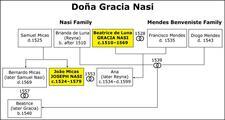
Conversas
After the establishment of the Inquisition in 1478, observance of crypto-Judaism became dangerous and more difficult. Women were at the center of Judaizing efforts, since the home was the only remaining institution in which one could observe Jewish law. Crypto-Jewish women most frequently observed the Sabbath and dietary laws.
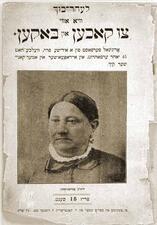
Cookbooks in the United States
American Jewish cookbooks capture the range of Jewish religious and cultural expression in the United States. Women took advantage of the versatility and variety of cookbooks to add their voices to the growing and developing Jewish culture in the United States.
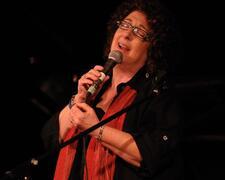
Adrienne Cooper
A versatile performer, scholar, administrator, and activist who worked in the fields of Yiddish culture, Jewish music, social justice, and feminism, Adrienne Cooper inspired international audiences with her compelling performances and nurtured a generation of musicians, academics, and advocates.
Jo Copeland

Lillian Copeland
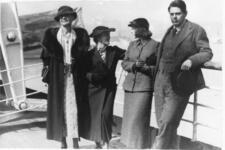
Lucille Corcos
Lucille Corcos was celebrated as one of the foremost “modern primitivist” painters in America, creating revealing composite urban scenes. Corcos was widely praised for her lack of self-consciousness and complete freedom of expression, and she exhibited works throughout the United States and Europe.

Gerty Theresa Cori

Chloe Coscarelli
Rose Laub Coser
Sociologist Rose Laub Coser redefined major concepts in role theory—the idea that our actions are largely dictated by our roles in society—and applied them to expectations of women’s roles in the family and the workplace.
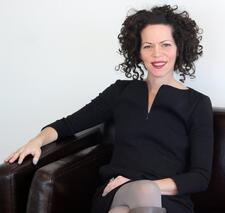
Stosh Cotler
Creation According to Eve: Beyond Genesis 3
No feminist critic of the Bible has neglected to discuss the story or stories of the creation of woman; yet, despite significant differences in theoretical approach and focus, their readings generally have been confined to Genesis 1–3. Beyond Genesis 3, the matter of creation and femininity is addressed, offering new and complex insights.

Selma Cronan
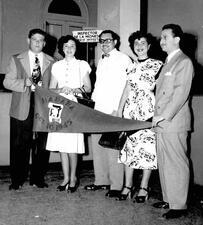
Cuba
Ellen Odetta Cuffe
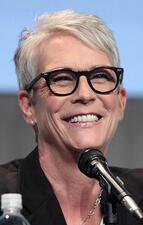
Jamie Lee Curtis
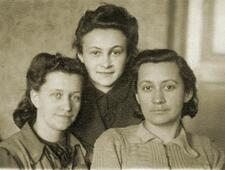
Liza Czapnik
Liza Czapnik was a Polish freedom fighter during World War II who started working against the Nazi occupation after witnessing a mass murder of Jewish people near her hometown. After being interned in the Grodno ghetto, she escaped and began working as a courier for the anti-fascist underground in Bialystok. After the war, she earned a PhD and taught English until 1991, when she made Aliyah and settled in Beersheva.


